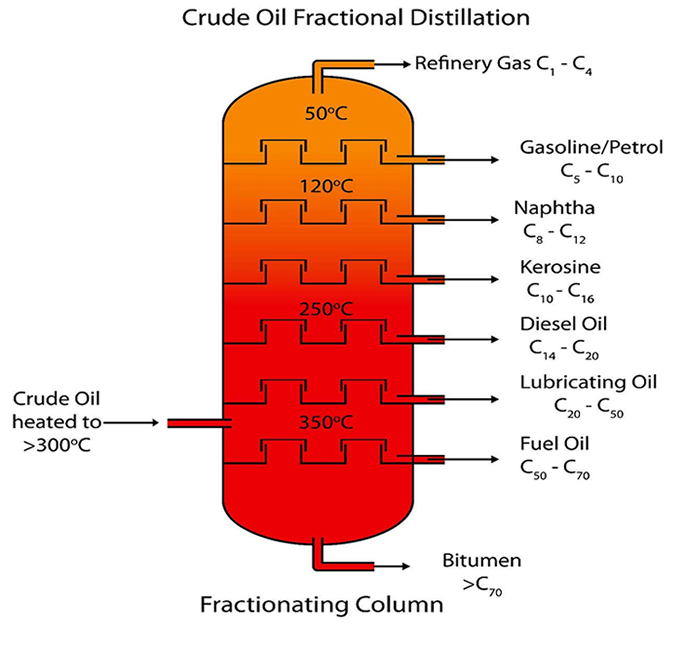Alternative mineral fuel was obtained from recycled automotive lubricating oil.
Tests were carried out with a distillate fuel oil and alternative fuel for comparison.
Fuel consumption, combustion properties, and emissions were monitored during the tests.
Engine efficiency was improved and the smoke level was reduced by adjusting the injection timing.
The waste oil seems to be suitable for marine medium speed engines but requires real-life trials.
Abstract
Fossil fuels are the main energy source used in the world. However, environmental concerns, over-consumption, and fluctuating price rates are boosting efforts in the development of alternative fuels. This study presents the technical suitability of alternative fuel for its use in marine diesel engines, as assessed through laboratory and engine performance tests. The alternative fuel assessed is based on waste oil obtained from used automotive lubricating oil. Tests were conducted for the alternative fuel and distillate fuel, commonly used in the fishing fleet, to compare their performance. The effects of injection timing on their energy efficiency, combustion analysis, and emission characteristics have been studied. Here, we show that the alternative fuel met the requirements of ISO 8217 regulations for distillate oils, with the exception of the viscosity, which was 1.9 times higher, thus requiring heating the alternative fuel before its use. The combustion period was shorter than that of residual heavy fuels but longer than that of the ISO-F category distillate fuels. Better combustion properties were obtained with advanced injection timing. With such timing, the distillate fuel presented slightly better energy efficiency characteristics (specific energy and fuel consumption) than the alternative fuel, and carbon emissions were drastically reduced in both fuels. NOx emissions were lower for the alternative fuel than for the distillate fuel. The good performance of the alternative fuel indicates feasibility for use in medium-speed diesel engines commonly used, for example, in fishing vessels.

